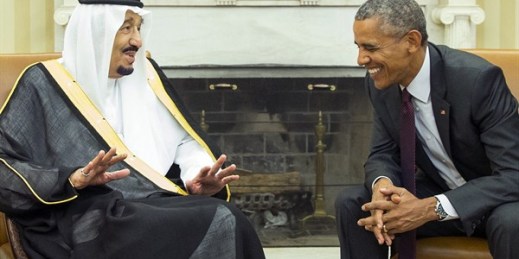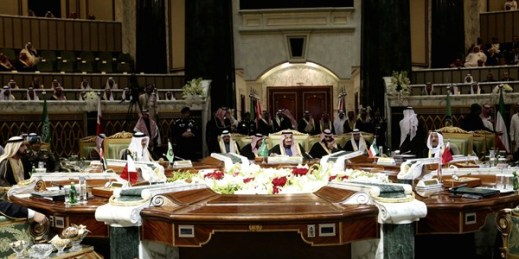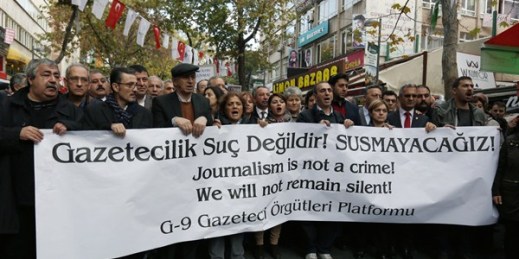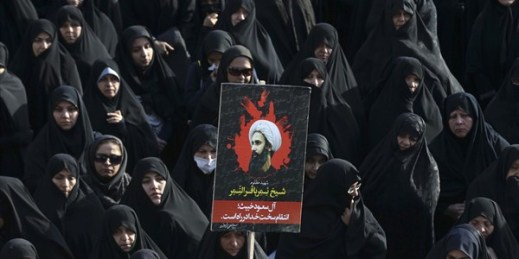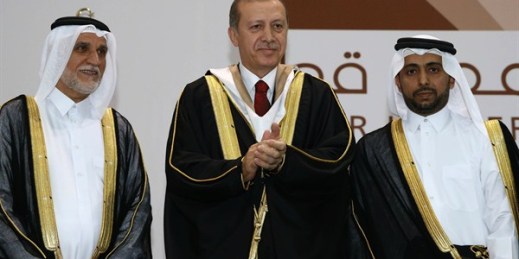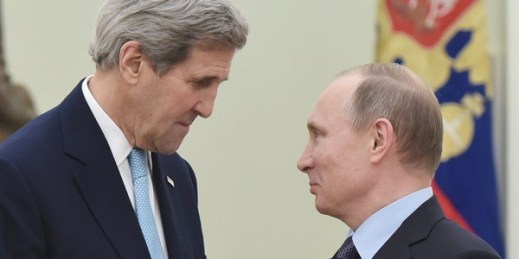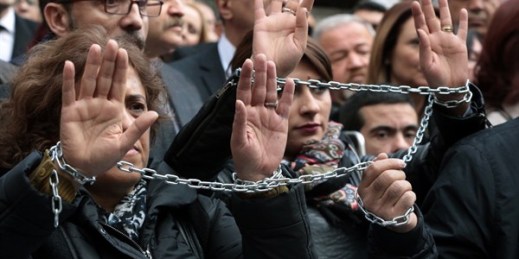
This week on the Trend Lines podcast, WPR’s editor-in-chief, Judah Grunstein, and host Peter Dörrie discuss China’s infrastructure schemes in Southeast Asia, Poland’s right-wing government and presidents-for-life in Rwanda and Burundi. In the Report, Nate Schenkkan explains the Turkish government’s long war against the media and freedom of expression. Listen: Download: MP3Subscribe: iTunes | RSS Relevant articles from WPR: China’s Grand Plans in Southeast Asia on Track With Thai Rail Deal Constitutional Crisis Veers Poland Into Uncharted Territory U.S. Offers Mild Rebuke of Kagame’s Bid to Hold Onto Power in Rwanda African Union Intervention Could Do More Harm Than Good […]

